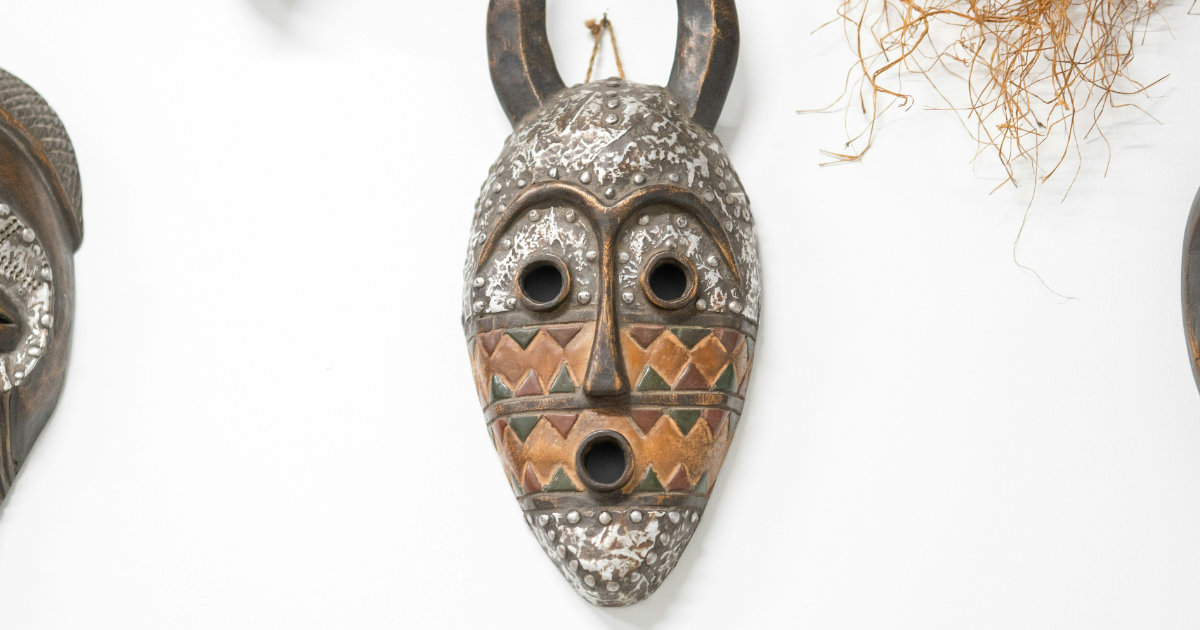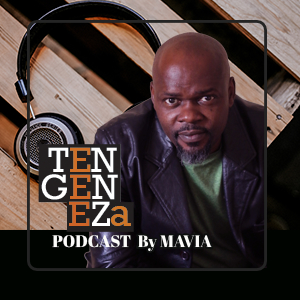Photo by Megs Harris – Unsplash
Has the Debate on a Continental Identity been overtaken by Events?
In memory of Sal J Kitololo – we put up this project together when we were young and curious. I am still curious and young in a different way. The words and thoughts still linger and still have a voice.
A Kenyan artist spoke these words: “I am African, I live in Africa, my expression comes from Africa”. Therefore whatever art he produces, regardless of technique, should be viewed as African. This raised the question of whether one’s identity was entrenched in cultural forms (‘African dance’, ‘African shapes’, etc.) or on world-view that is, seeing the world through African eyes.
Africans find themselves in a rapidly ‘globalizing’ world. As Global Village becomes a favorite term of commentators, are Africans too late to start investigating an African Identity? In addition, Africa being a huge, diverse continent, can there really be any unity, any thematic cohesion, when we speak of Identity? Perhaps we ought to be asking about Kenyan Identity, Ugandan Identity, Malian Identity and so on. Even here, these nation-state entities are foreign impositions not natural constructions, and so perhaps we should be defining identity strictly on ethnic lines. Then how do we address products of ethnic intermarriage? How about racial intermarriage? The lines are blurred.
On the assumption that there is such a thing as African Identity, it must be placed in tension with the sense of Individual Identity in a Global Village. If for example, an African prefers Chinese music, Indian food and Italian décor to their African counterparts, is this betrayal or is it individuality? In a Global Village all culture is common domain, or “free for all”, and no group can bar the rest of the globe from consuming, adding to, and contributing to its culture. Whether this is desirable or not, this is the present direction of the globalization of culture. America’s hyper-marketed, commercialized, consumerist culture has been exported in what Benjamin R. Barber, Professor of Political Science at Rutgers University and author has called McWorld. This is cultural invasion, but the doors are open for any culture to be exported anywhere if interest and means are available.
In light of Globalization, it becomes impossible to talk of European ‘colors’, ‘shapes’, ‘styles’ or ‘schemes’, since once they are borrowed and fused with different cultural forms, they become ‘fusions’. While classical forms may remain, they become the raw material for new interpretations of the fusions that form a global culture. Forms are rather portable in a Global Village. They become tools to aid individual expression.
World-view is a different matter, not so portable, and not so exchangeable. How we see the world is directly derived from our rearing and education in our respective parts of the globe. How we see reality doesn’t change often. We defend it with religious zeal. Should this be the starting point for Identity? We see for example that the usage of English is constantly being changed in Africa, through west African pidgin English, Kenyan sheng and other colloquialisms. This phenomenon is an attempt to adapt foreign forms to local contexts and world-view. Words are sometimes retained with changed meanings, like “blues” and “soul” in Kenya (these musical terms refer to entirely different forms from common usage). At other times new words are coined, influenced by both English and African languages (such as “unbwogable”). When forms are adapted to fit world-view, isn’t this an authentic expression of identity?
Amongst our contributors/interviewees on this subject, two categories emerged: those who held that form is central to African Identity, and those who felt that world-view was what mattered. Those who supported African forms of cultural expression advocated a return to, or re-examination of past cultural forms. They suggest a contextualization of old African forms, taking modern historical realities into account. They may be termed Reconstructionists. The group that suggested an African world-view was enough to validate an African culture and identity, suggested that as Africans continue to engage global culture, our unique way of viewing and expressing reality will filter through and create a new modern “Globalized” African Identity that simultaneously fit into global culture and expressed a true Africanness. They saw the global trend as unstoppable and encouraged an African embrace of this trend as healthy. This group could be considered Adaptationists.
Both groups hold valid positions in the debate on African Identity now and in the future. Adaptationists advocate individualism and a natural evolution of African Identity. This evolution would incorporate foreign influence, historical realities, politics, and whatever factors can influence our Identity, acting together on our unique world-view to create something new that would still be fully African. Adaptationists believe in a strong and unique African world-view, inspired by Africa’s physical terrain and local realities. They enjoy the concept of ‘the celebration of life’. In addition, they see the obsession with order as foreign to African world-view. They don’t see intellectualism playing a significant role in defining a new African Identity but place their faith in individual expression, engagement, and evolution.
Reconstructionists on the other hand do not see an African Identity emerging by a natural process. They see urgent need for rethinking and intervention while we still have some control of our reality. They see foreign definition as the fruit of great negligence on the part of Africans to define themselves, and see a large place for African Thought (a kind of home-grown philosophic framework) in the re-assertion of African Identity. While Adaptationists see the present difficulty with defining African Identity as part of natural evolution, the Reconstructionists see this as a great problem, a kind of cultural invasion that needs to be resisted by action.
Whether these two groups will polarize or find a harmony will be interesting to observe. What is clear is that there are clearly felt views emerging about African Identity, and that they revolve around the question of Africanism vs. Globalism. At this point, they begin to reveal unspoken political assumptions that drive the contributors/interviewees positions. Further dialogue will help develop this discussion as more voices are added to the conversation.



